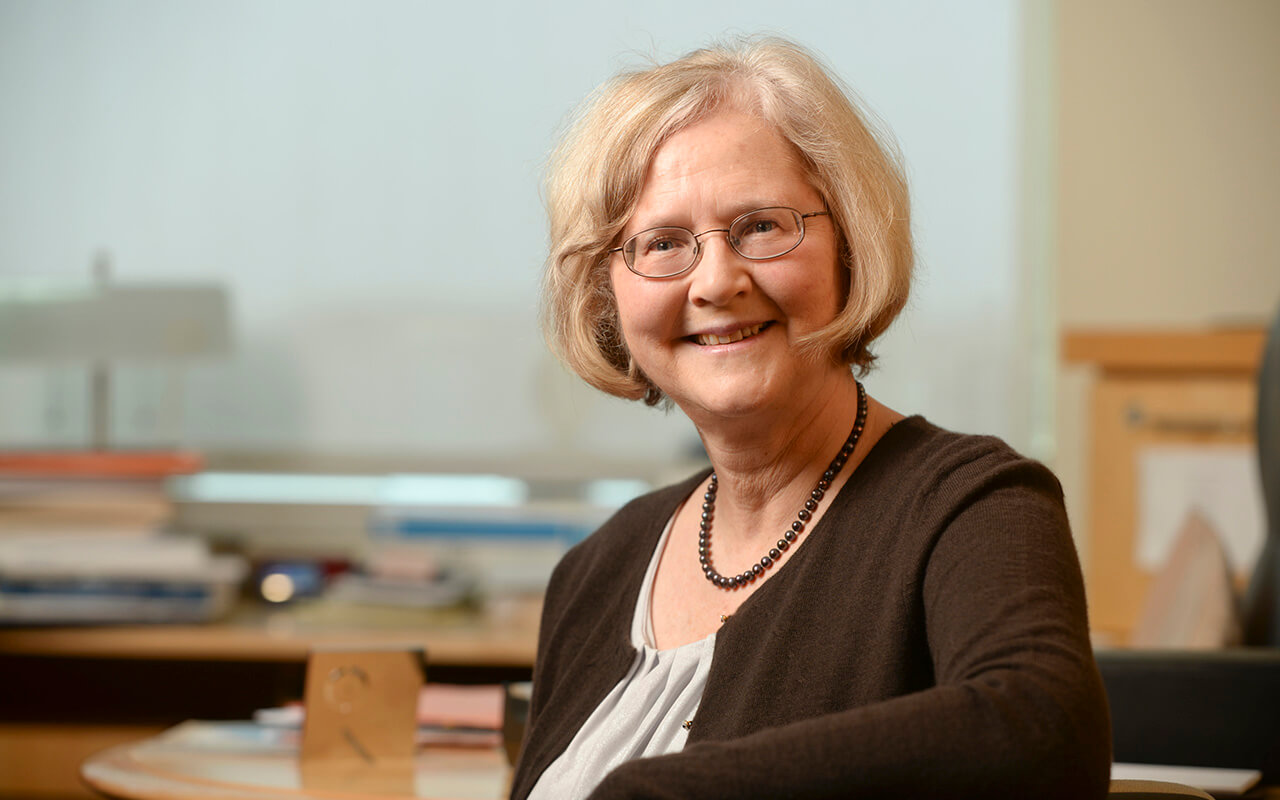The Importance of Telomeres
in Measuring Health
The Importance
of Telomeres in
Measuring Health
“From our present knowledge of telomeres, the picture that has emerged is that telomere maintenance is linked to human aging and diseases of aging.”
– Elizabeth Blackburn, 2009 Nobel Prize Laureate in Physiology or Medicine
“From our present knowledge of telomeres, the picture that has emerged is that telomere maintenance is linked to human aging and diseases of aging.”
– Elizabeth Blackburn, 2009 Nobel Prize Laureate in Physiology or Medicine
Elizabeth Blackburn and Telomeres
In her Nobel Prize lecture, Elizabeth Blackburn, a molecular biologist, explained that telomeres, the protective ends of chromosomes essential for preserving genetic information, shorten each time cells divide, leading eventually to cellular death. Blackburn, along with her colleagues, found this shortening can be slowed by the activity of an enzyme that maintains telomere ends, which they named telomerase. She concluded that telomere maintenance is linked to human aging and diseases of aging, and proposed that telomere maintenance status may be a truer measure of actual biological age than chronological age.
Blackburn’s statement is supported by a growing body of research. For example, studies have shown that telomere length is shorter in people with chronic diseases such as heart disease, cancer, and Alzheimer’s disease. Telomere length is also shorter in people who smoke, are obese, exposed to environmental toxins or long term psychological stress. These findings suggest that telomere length is a reliable indicator of overall health, and that telomere shortening is a sign of cellular aging and damage, which can lead to a variety of health problems.
In addition to being a measure of health, telomere length can also be a target for therapeutic intervention. For example, research to develop telomerase activating compounds that can lengthen telomeres or protect them from damage has shown they can potentially slow the aging process, and could help prevent or treat chronic diseases.
In summary, Blackburn’s work has helped to shed light on the significance of telomeres in health. Telomere length is an important biomarker for disease risk and prevention, and as research in this area continues, telomeres will likely play a key role in our understanding and treatment of human aging and wellbeing.

Elizabeth Blackburn, PhD, won the Nobel Prize in Physiology or Medicine in 2009 for discovering the molecular nature of telomeres, the ends of chromosomes that serve as protective caps essential for preserving genetic information, and for co-discovering telomerase, an enzyme that maintains telomere ends.
7.4 Years Younger – Telomere Analysis Case Study
A telomere length and biological age comparison of first and second test results taking TAM Capsules for 45 days
A Korean male aged 57 years underwent Telomere Analysis to measure his telomere length before and after completing 1 bottle of Bill Andrews Aging Care Capsules – taking 2 capsules per day.
The telomere analysis took place from late June to early August 2023 and was carried out independently by Medizen Humancare Co. Ltd., who provide genetic diseases risk analysis through genomic testing.
Telomere measurements are 20th percentile which indicates the length below which 20% of the observed telomeres fall. As such it is an estimator of the percentage of short telomeres in the cells.
Before: The subjects telomere length was 5.9kb and their biological age was 1 year older than their chronological age of 57.
After: The subjects telomere length increased by 14.75% to 6.77kb and their biological age was reduced by 7.4 years making them much younger than their chronological age.
When compared to 1,000 Koreans of the same age
Before: 457 more people had longer telomeres and 542 had shorter telomeres. Therefore, the test subjects biological age was slightly older than average.
After: 113 people have longer telomeres and 886 more people have shorter telomeres. Therefore, the test subjects biological age is now much younger than average.
When compared to the average telomere length among Koreans of all age groups
Telomere length varies depending on age and gender. This graph uses basic data measuring telomere length for Korean men and women in their 20s to 70s.
The Proof
Up to 43.5%
longer telomere length
Over 90%
success rate
Up to 10 years
younger biological age